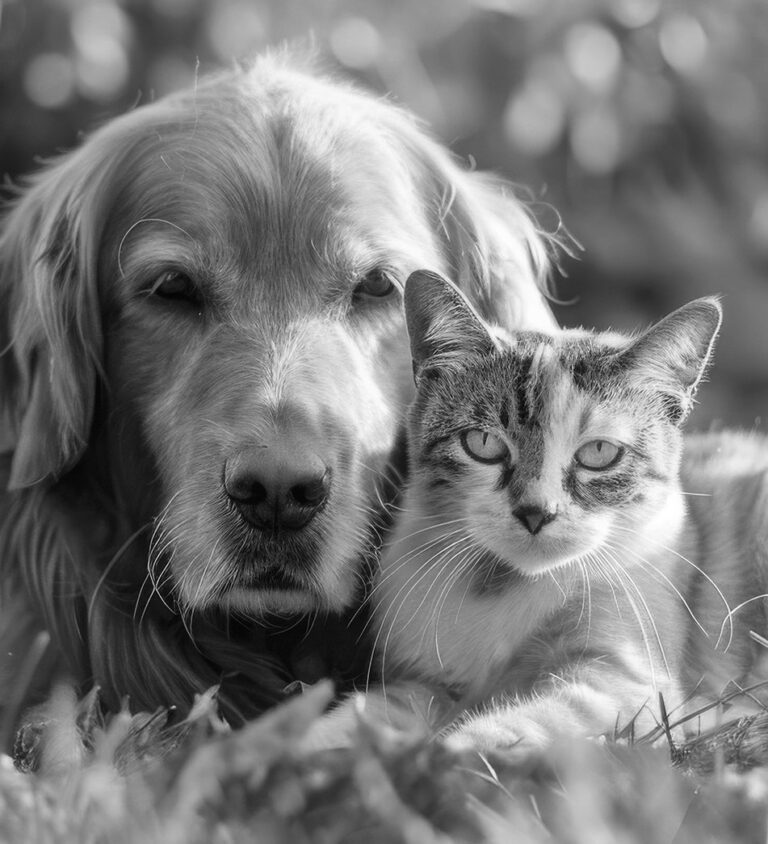
Senior Pet Care
Caring for Your Dog’s Golden Years
Did you know that some pets are considered to be “seniors” after the age of 7? Just like humans, senior dogs and cats require different care routines and medical attention as they get older.
Here are some key aspects of senior pet care at EastOver Vet
Regular Veterinary Check-ups
- More Frequent Visits: Older pets often need to visit the vet more frequently, typically every six months, to monitor their health closely.
- Blood Tests and Screenings: Regular blood work and screenings can help detect conditions like kidney disease, diabetes, arthritis, and cancer early.
Senior Pet Dental Care
- Regular Cleaning: Dental health often declines with age, so regular teeth cleaning and check-ups are important to prevent periodontal disease and other dental issues.
Diet and Nutrition
- Special Diets: Senior pets may require diets tailored to their age, health conditions, and nutritional needs. This might include food that’s easier to digest, lower in calories, or enriched with specific nutrients.
- Weight Management: Maintaining an ideal weight is crucial to prevent obesity-related issues.
Monitoring and Early Detection
- Behavioral Changes: Keep an eye out for any changes in behavior, appetite, or activity levels, as these can be signs of underlying health issues.
- Pain Management: Look for signs of pain or discomfort and work with a vet to manage these effectively.
At Home Senior Pet Care
There are many ways you can be sure your senior pet is healthy and comfortable at home. Here are some at home senior pet care tips:
Environment
Make sure your pet’s environment is easily accessible, safe and comfortable. Maintaining a consistent routine can help reduce stress and anxiety in senior pets. Provide comfortable beds that are easy to get in and out of, and place them against a wall or furniture for a sense of security. Keep the space at a comfortable temperature, as older pets are more sensitive to temperature extremes. You may also need to make lifestyle changes, such as providing more time indoors or new sleeping areas to avoid stairs.
Exercise and Mobility
While older pets still need exercise, the intensity and type might need to be adjusted to suit their reduced energy levels and potential mobility issues. Items like ramps, orthopedic beds, and joint supplements can help pets with arthritis or other mobility problems.
Mental Stimulation
Mental exercises, toys, and interaction are essential to keep an older pet’s mind sharp and reduce the risk of cognitive decline.
Grooming and Hygiene
Older pets might need more help with grooming to keep their coat and skin healthy. Regular baths and skin checks can prevent issues related to dryness or infections.
We can help you with more healthy senior pet tips.
Call us today to schedule a senior pet wellness check so we can talk to you about your beloved senior pet.






